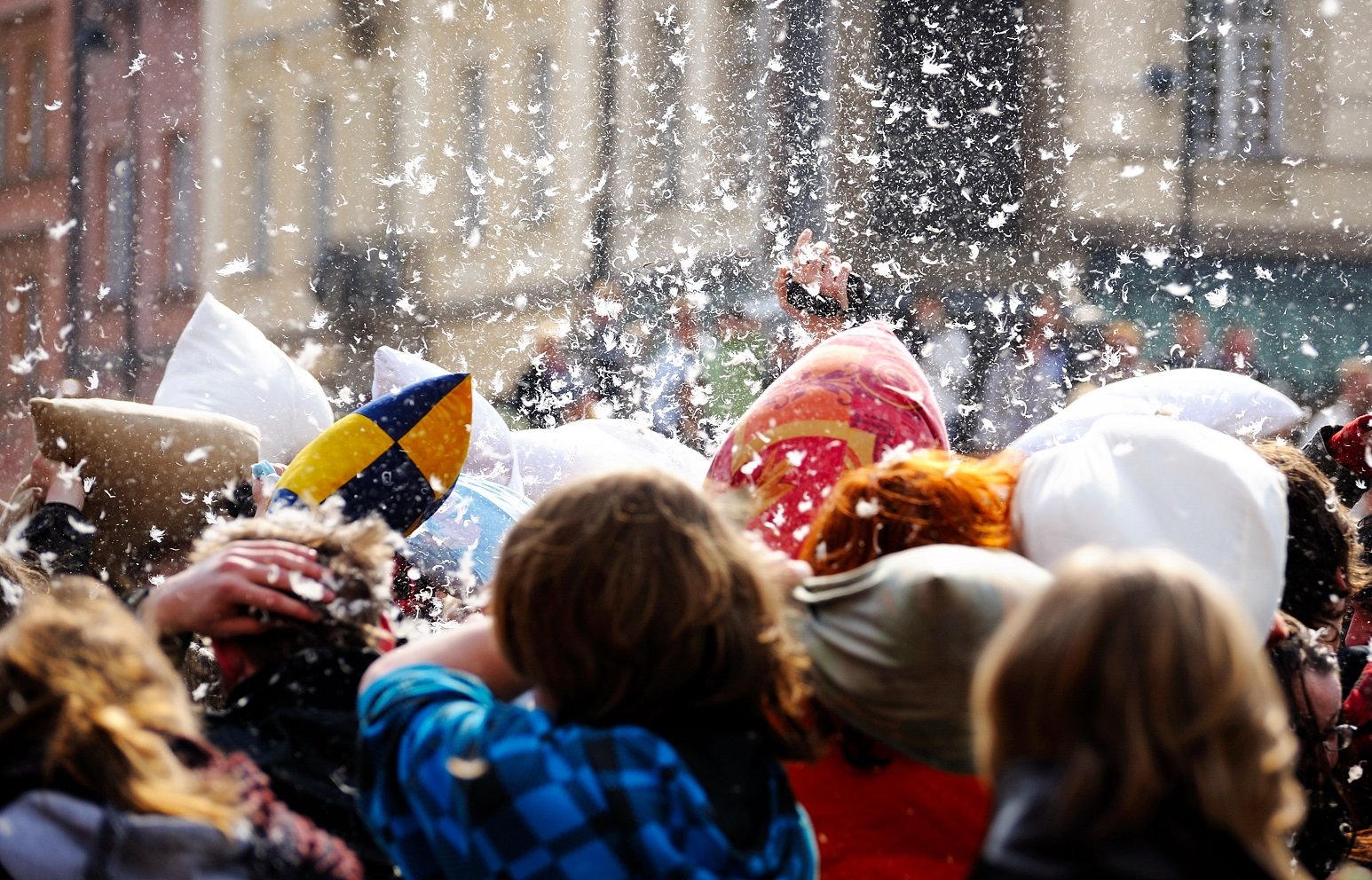
Photo: Kuba Bożanowski on VisualHunt.com (CC BY)
The soft power of the arts
Soft power can create a vibrant image of a country and give it a higher status in global networks. But what part does culture play, and how can we measure its contribution, asks Ian Thomas.
Joseph Nye, the American political scientist and author of the book ‘Soft Power’, outlined that one of the three key parts to a nation’s soft power is its culture: how it presents itself and is attractive to other countries and citizens. This can include its heritage and the story told through its history, as well as newer and fluid elements of culture such as media, digital assets and film.
A state’s soft power has statistically a significant impact on foreign direct investment, overseas student recruitment, tourism and international influence
The British Council was founded to create a ‘friendly knowledge and understanding’ between the people of the UK and the wider world with mutuality at the heart of what it does and how it works. It aims to use the cultural resources of the UK to make a positive contribution to the people, institutions and governments of the countries it works with. This creates opportunities, builds connections and engenders trust, so that it can make a lasting difference to the security, prosperity and influence of the UK.
Arts are a cornerstone of this mission and our global programme uses the world-leading innovation and creativity of the UK to help surmount barriers and foster new connections and relationships. Exposure to our diverse cultural riches offers opportunities and inspiration to artists around the world, while cultural exchange helps to develop stronger creative sectors around the world that are better connected with the UK.
Our international seasons help us build a modern, vibrant and creative image among millions of people in fast-growing economies, encouraging more trade, investment and tourism. The arts can operate in difficult contexts to create open and safe spaces for relationships and connections to develop.
How soft power works
Last year King’s College London published the report The Art of Soft Power, a study into cultural diplomacy, at the UN Office in Geneva . It makes a useful distinction between cultural diplomacy ‘reaching out’ and soft power ‘standing out’. Phillip Blond, Director of ResPublica, in the report Britain’s Global Future: Harnessing the soft power capital of UK institutions also published last year, highlights that soft power “means bringing together diplomacy, cultural relations and national interest in a way which turns away from relying solely on military intervention and humanitarian aid and instead provides a more holistic way to promote our values and help others”.
The UK’s Culture White Paper of 2016 sets the Government’s priority and agenda around culture and soft power for us to evaluate within: “Culture continues to expand the UK’s influence, promotes trade and investment and attracts visitors to experience the beauty of our landscapes, the treasures of our national heritage and the life of our towns and cities. This respect and influence gives us status in global networks and international organisations. In turn, those networks give us the opportunity to promote our cultural and creative talent.”
Evaluating the process
However, the mechanisms through which soft power works are subtle, indirect and can be difficult to discern and evaluate. Culture itself mutates through exchange, but cultural exchange might also provoke new modes of thinking.
The Arts Humanities Research Council’s Understanding the value of arts and culture report and research by the University of West Scotland explored how to develop an evaluation approach to arts, culture and soft power for the British Council.
They suggest that there may be greater value in trying to explore a more qualitative appraisal of the role of art and culture in soft power – of the intangible elements of which it is comprised – which may include understanding soft power as a process rather than simply an outcome.
There is developing the connection and relationship, building trust, deepening the relationship. Trusting partners might choose to cooperate, build trade relations and manage shared global problems and these can be part of the mutual benefits of soft power. An evaluation of what works needs to assess influence by evaluating whether people are saying or doing different things as a result of a soft power initiative.
Research published last year for the British Council by the Institute for International Cultural Relations at the University of Edinburgh proposes a framework that measures the conditions under which a broad set of soft power influences translates into economic, political and cultural benefits. It found that promoting a nation’s culture and political ideals on the global stage brings significant economic and strategic advantages. Researchers have found that a state’s soft power has a statistically significant impact on foreign direct investment (FDI), overseas student recruitment, tourism and international influence in forums like the UN General Assembly.
Impact and active reception
The impact of cultural work is complex: it imparts insights, experience and attitudes that do not necessarily have to culminate in a ‘work’, but may create new networks, creative ideas, and extended action horizons. Here, the artistic process itself is often just as important as the result. In terms of intercultural understanding, it is sometimes even more so.
Reception is not a passive process, but an active one: people do not simply adopt ideas, information, artefacts and ways of working – they adapt, translate and transform what they perceive into social praxis. Because of this, the evaluation of arts programmes can sometimes be complex, even messy, characterised by aesthetics, emotions and subjectivity. We therefore need to leave room for the unforeseeable – the arts pose questions but sometimes the answers are different to the ones we expect.
Ian Thomas is Head of Evaluation, Arts at the British Council.
www.britishcouncil.org
The British Council publishes Arts Opportunities which includes its evaluation and research opportunities. Also sign up for the arts email bulletin.
Join the Discussion
You must be logged in to post a comment.